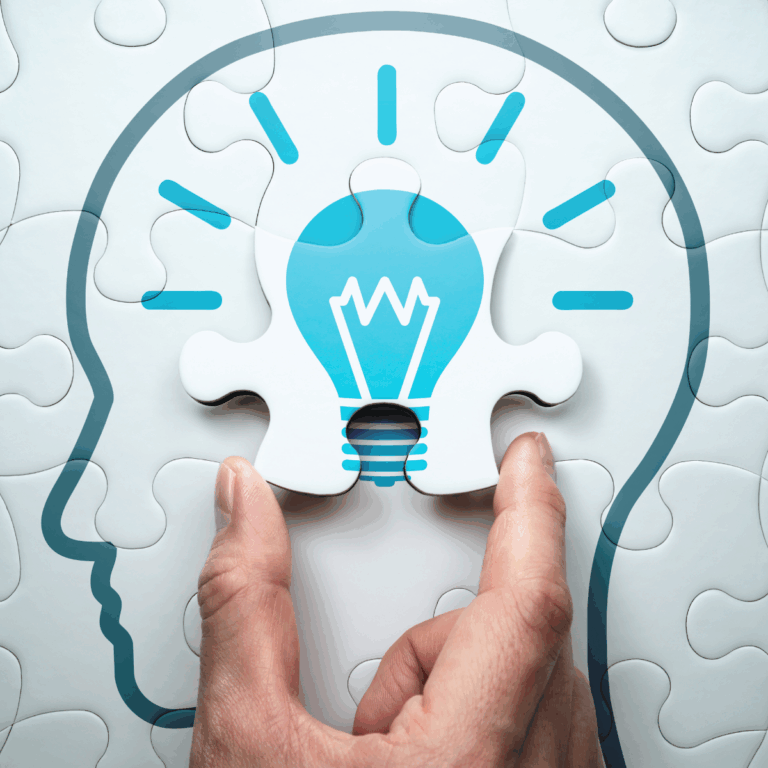How can artificial intelligence (AI) itself and its use be protected? If artificial intelligence (AI) itself generates inventions, can they be protected at all?
Dynamics in development
Artificial intelligence (AI) is playing an increasingly important role as a driver of technological and economic developments. Applications range from autonomous vehicles and medical diagnostics to advanced manufacturing technologies. The transition from theory to the global market is being driven by the increasing amount of digitized data and growing computing power. AI can bring about significant improvements in various areas such as weather forecasts, crop yields, cancer diagnosis, epidemic prediction and increasing industrial productivity by recognizing patterns from huge amounts of data.
Protectability of AI
AI methods are often based on mathematical solutions that are implemented in software, i.e. computer-implemented methods.
These methods are only patentable to a limited extent, as computer programs are not patentable per se.
A technical contribution must contribute to solving a specific technical problem, such as controlling an autonomous vehicle.
A technical contribution can also be made when measured values are processed, such as the analysis of camera images for the recognition of traffic signs or the evaluation of medical image data for tumor detection as support for medical diagnoses. In these cases, AI can be regarded as a technical tool. However, whether the use of an AI is sufficient to establish the inventive step required for patentability must be examined on a case-by-case basis.
AI-generated inventions – Artificial intelligence as an inventor?
Unlike copyright law, patent law does not require a human contribution. It is only the objective result of the invention that counts, not the way to achieve it. Nevertheless, both German and European patent law currently only permit patent applications in which natural persons are named as inventors.
In a much-noticed decision by the European Patent Office (EPO), the European patent applications in which the AI DABUS was named as the inventor were rejected. The reason given was that an AI has no personality rights and therefore cannot be recognized as an inventor. This decision was confirmed by the Legal Board of Appeal of the EPO(J 0008/20 of 21.12.2021), emphasizing the formal requirements of Article 81 EPC, which requires the designation of a human inventor. In Germany, the Federal Court of Justice(BGH – X ZB 5/22, decision of 11.06.2024) clarified in a decision on the parallel German patent application regarding the AI DABUS as inventor that only natural persons can be designated as inventors under German law. The BGH emphasized that an AI has no legal capacity and therefore cannot be considered an inventor. These decisions make it clear that current patent law is geared towards human inventors.
Nevertheless, both the European Patent Convention (EPC) and German patent law allow, according to this current case law, that when naming the inventor, in addition to a natural person, reference may be made to an AI that has contributed to the invention or has generated the invention autonomously at the instigation of the “natural inventor”.
As a result, the formal objection that a natural person must be named as the inventor does not pose too great a hurdle to obtaining protection for AI-generated inventions.




